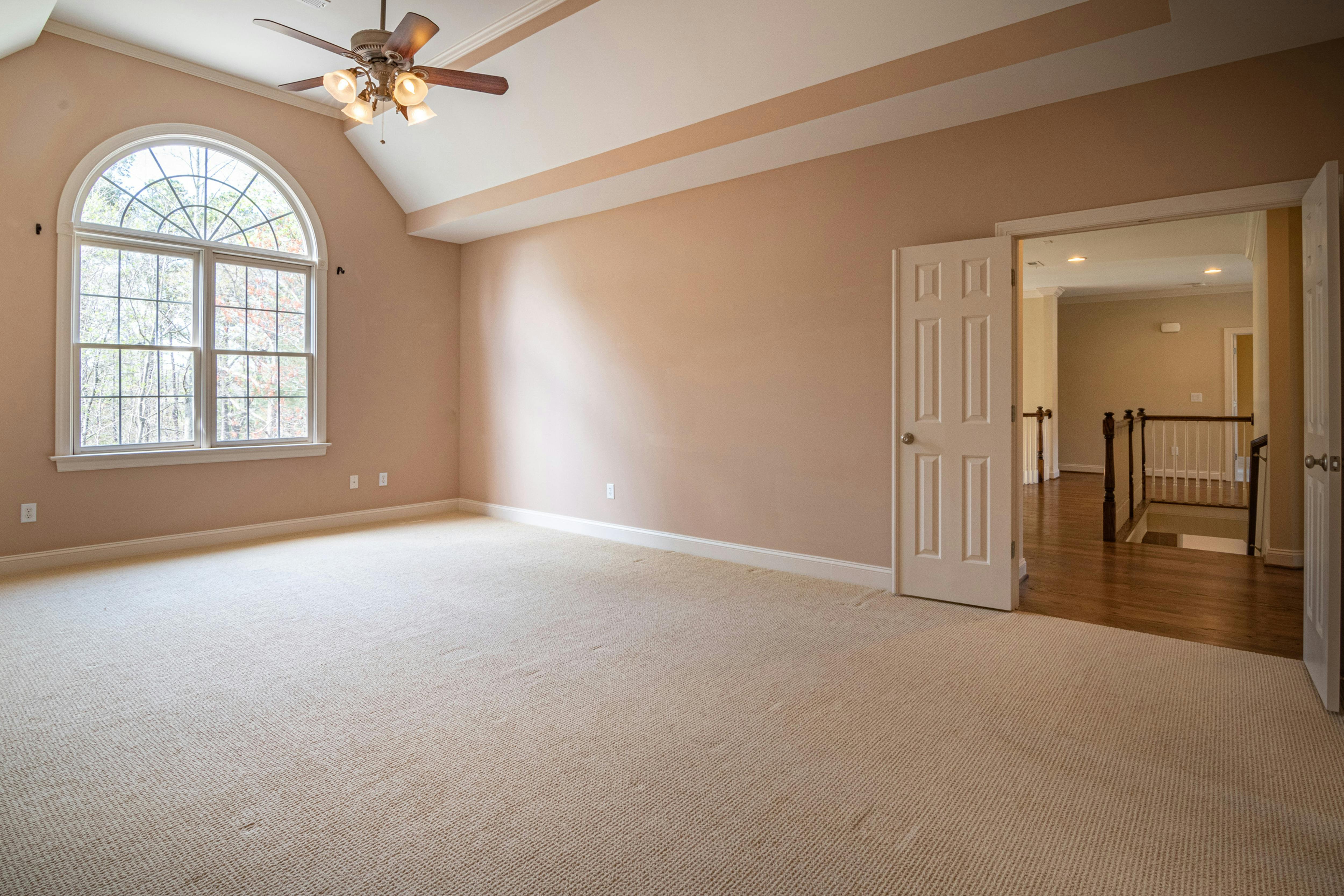The Lease – Landlord Protection Starts Here – What Are The Most Important Clauses?
The signing of the lease: this agreement is the basis of the relationship between the owner and the tenant. It will define the rules and regulations that both parties will live by. It should also describe the penalties or the results of the actions that damage or break the agreement. It is absolutely necessary for each tenant to sign a lease. It is good practice to spend an hour with each new tenant and each time you review the lease, have all parties initial each paragraph.
Who is in charge: This is intended to give each tenant an opportunity to learn about the rules and penalties and clear up any misunderstandings at first. It will protect you in the future if there is a basic misunderstanding regarding the obligations of either of them. It will also give you the opportunity to establish the relationship on your terms and cement the idea that this is a business relationship that will be governed by rules.
All rental agreements must have the following:
1. Name and address of the property
2. Name and address of all tenants
3. Name and address of the owner.
4. The rent
5. The expiration date and the address or delivery system if it is an EFT
6. All penalties for late payments
7. Responsibilities of the tenant to maintain the property
8. Owner’s responsibilities to maintain the property
KEY CLAUSES
1. Lease End Date – Without a date, you may not have an easy end of a relationship that you would like to end. You may have a hard time raising rents, because the end of the relationship is unclear. Give yourself the opportunity to redefine or end a lease.
2. Subtenants or Roommates – If you allow new roommates or a sublease, you must insist that the new individuals be subject to your approval. They must complete a rental application and go through the normal tenant screening process with you as the owner or manager who has final approval.
3. Visitors: Have the lease determine the date all visitors must leave. If you don’t, you may run into a roommate or tenant who took a tour of your right to review and approve. Let the tenant know that after a reasonable period of time, such as two weeks or even thirty days, the visitor must leave. Please note that certain family members may be exempt from your control, such as new spouses or children, etc. If you are in this situation, you must send a certified letter stating that the tenant may be in breach of the lease and that it is cause for termination. Stay in charge.
4. Repairs: Inform the tenant that the responsibility is open to the tenant to notify him IMMEDIATELY if there is a leak, moldy areas, pests, unsafe conditions of any kind, broken windows or locks, missing or broken smoke detectors. It should be understood that your responsibilities regarding the security and habitability and the maintenance of the common areas, depend on the tenant notifying you in a timely manner.
5. Smokers: We believe that smoking should be prohibited in the building. Put a smoke detector in every bedroom and in the kitchen. Make the lease state that the tenant should be responsible for replacing the batteries in the smoke detectors. You should also do an annual inspection to see if they work, after all, it is your property
6. Landscaping – Take pictures of the landscape, especially if it was expensive. Keep dogs out of units that have access to gardens. Define the tenant’s responsibility for watering or pruning the landscape. Explain this in the lease. You may want to hire a professional gardener to maintain delicate landscapes. Our sentiment is to create an indigenous landscape, which is not expensive in terms of water or maintenance.
7. Pets: If pets are allowed, define the type, size by weight and number of animals allowed on the property. Be clear that any new pet needs your permission or that this may be grounds for termination.
8. Storage: Have a separate storage lease that has an end date, to keep control in your hands as owner or manager. Make sure the lease indicates that toxic materials that cannot be stored and if there are any spills, are the responsibility of the tenant. Take pictures before moving in
9. Parking: Have a separate parking lease with a termination date and a waiver of liability or theft or damage, unless you are charging for a secure garage.
Define all toxic materials and make sure the lease allows for termination if you find them there. Define the type and number of cars that can be parked there and make sure the lease requires the cleanup of all oil and gas spills. Take photos before renting. Note that you must provide some security. Offer bright lighting and secure locks. Don’t be in the middle of a lawsuit because the place was dark and something terrible happened.
Howard Bell for yourpropertypath.com
